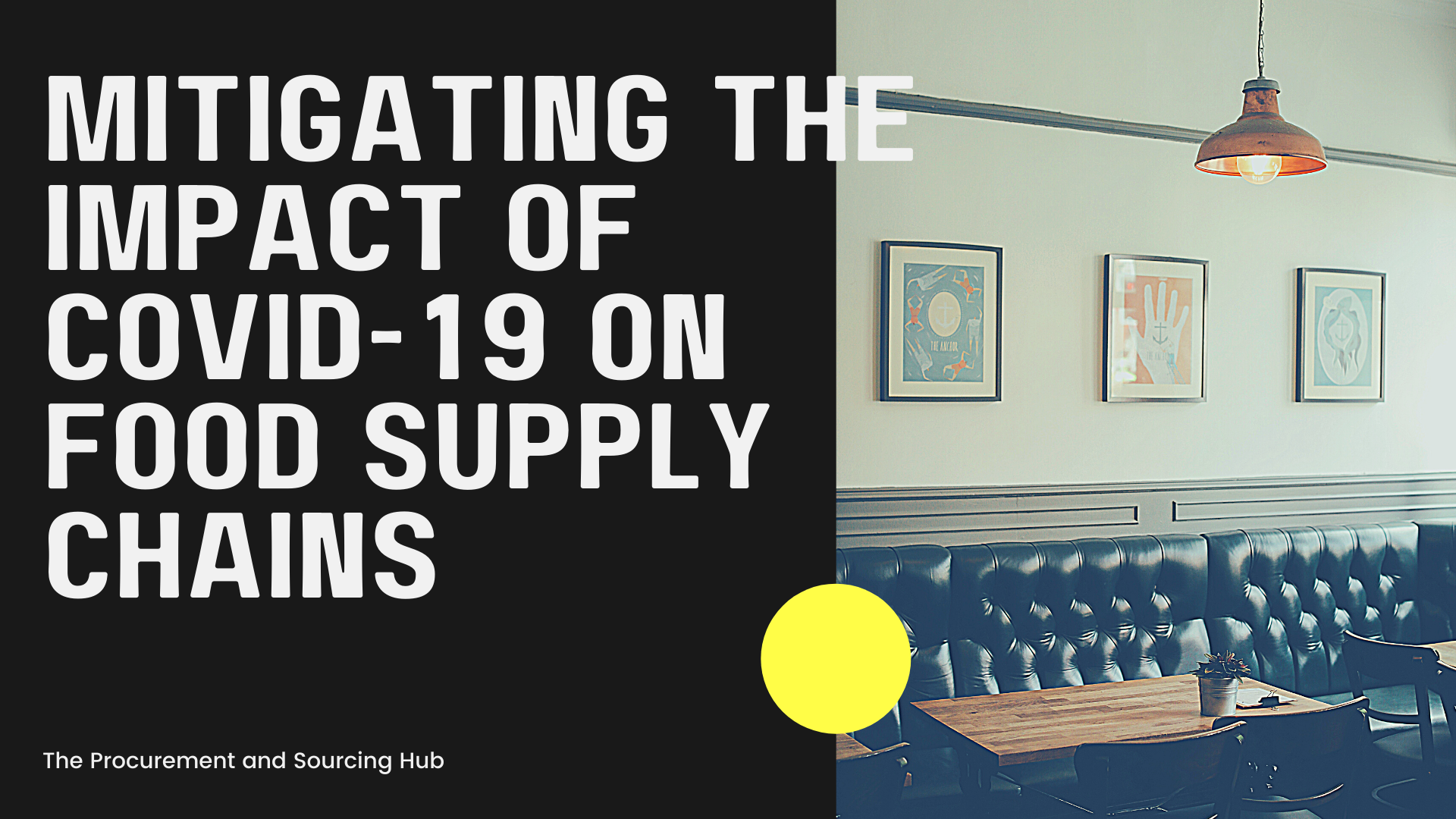Despite strenuous efforts from the authorities and the consumers, the effect of COVID-19 on food supply chains was felt unevenly but widely. While farm operations were spared to an extent, urban SMEs faced the worst brunt of the pandemic and its movement restrictions.
That said, the speed with which organisations recognised these challenges and recuperated against them is nothing short of commendable. While some bottlenecks remain, this immediate response uncovered the importance of predictable international procurement. With the help of the right sourcing agents, companies can explore alternative procurement sources when the existing channels are stressed.
How the pandemic disrupted food supply chains
The COVID-19 pandemic simultaneously disrupted several segments of global food supply chains, creating bottlenecks and affecting the quality of the products.
Crop harvesting
Staff shortages created a massive bottleneck on-farm production. Movement restrictions reduced the number of seasonal workers required for planting and harvesting seasonal farm sectors like fruits and vegetables. Luckily, the seed sector is highly globalised, which prevented crop shortages. However, without quality control subcontractors and adequate staff for harvesting, crops might end up rotting in the fields.
Logistics
Blocks in transport and logistics have disrupted the movement of processed and unprocessed food products along the supply chains. While bulk shipments are not severely restricted, air freight and commercial road transport have impacted perishable food products. In addition, border restrictions are continually making the transport of goods difficult and expensive.
Consumer demand
The pandemic also caused a seismic shift in consumer demands. Essentially, people transitioned away from takeout, restaurants, etc., towards home-cooked food, which called for severe changes in the way food supply chains operate. This was further aided by restrictions on public gatherings, which led to a sharp decline in restaurant reservations. At the same time, the retail demand for packaged food increased drastically.
Mitigating the impact of the pandemic on food supply chains
The food supply chains in developed countries have shown remarkable resilience. Developing countries have also quickly identified the issues and taken some steps to avoid a complete shutdown. Some solutions are still required to make the food supply chain responsible and resilient towards further lockdowns.
Food safety
It is crucial in the current stage to ensure that both processed and unprocessed food products meet the food safety and security standards. Trained quality control subcontractors will help ensure that utmost care is taken in preparation, tasting, labeling, storage, and warehousing.
End to end supply chain management
Since procurement of food products is becoming increasingly difficult, an obvious solution is working with a wider pool of sourcing agents and suppliers. Then, depending on the risk-bearing capacity, broaden or constrict the product range into something manageable.
Procurement 4.0
AI and other technological products introduced in industry 4.0 will significantly help reduce the impact of COVID in the future. Cloud computing and advanced analytics will reduce expenses and mitigate risks in business processes, helping firms manage the scenario better. In addition, robots will reduce the dependence on migrant workers when the workload is heavier.
Read: What Does Industry 4.0 Mean for Procurement?
The COVID-19 pandemic has brought the vulnerabilities present in the food supply chains to the forefront. As supply chains recover, a collective approach must be maintained towards moving forward and finding solutions regarding what can be done better.

Comments
Post a Comment